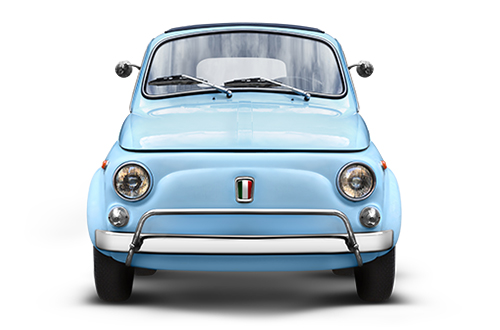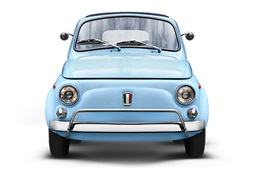#content#
OCU publishes the results of a survey on driving habits and accidents
25 feb. 2016OCU has just published the results of a survey on the habits of Spanish while driving and data are worrying. Through more than 660 interviews with drivers, the study of OCU goes to show what the major "sins" of Spanish drivers, among them the skip giving way and not respecting the safety distance are recognized over half of the interviewees, or speeding by at least 20 km / h above the limit that supports 45% of respondents. This last behaviour, such as OCU says, is more worrying to the statistics of the General Direction of Traffic in which points to the speed factor as the cause of one in four fatal accidents. The results of this study are published in March OCU Compra Maestra.
Other misconduct to be found in the survey are eating or drinking while driving, tired driving, do not look in the rearview mirror or pass on the right. As OCU says not all are equally dangerous excesses. So among the most risky is that of using the phone while driving, behaviour that increases by 86% the risk of an accident that occurs to a greater extent among drivers under 34, although not exclusively in this age group as more than 17% of all respondents they acknowledged using their devices while driving.
One of the positive data itself to be drawn from this study of OCU is related to alcohol consumption as a cause of accidents. Unlike what happened a decade ago when a quarter of drivers admitted drinking and driving, in the survey conducted by OCU this figure has been half reduced, with 12% of interviewees who recognize maintain such a negative and dangerous behaviour. Certainly it is in this area where you can see a greater awareness on the part of Spanish drivers , with 60% respondents who are in favour of increasing penalties for driving under the influence of alcohol.
In the same sense up to 55% of those surveyed favored a greater presence of police and the Guardia Civil were, accompanying more information campaigns (52%) with a greater number of radars (41%), although in the latter case 40% of the respondents criticized placement exclusively for revenue purposes.
Finally two surprising survey results are derived. The first is that although a large part of drivers recognize reprehensible behaviour, they rarely have practical consequences because only 16% of respondents have lost some point since the system a decade ago was established. Secondly, about 20% of drivers did not think it necessary to wear a seat belt or helmet in the case of motorcyclists, recognizing that if you take just to avoid possible sanctions.
For more information (media) Eva Jiménez Tel. 917226061 prensa@ocu.org www.ocu.org


